When An Advertiser’s “You” Doesn’t Mean You At All
Ads’ understanding of their audience can be sadly limited
The other day, this tweet from the Wall Street Journal came across my feed:
Women are more interested in sex than you think, studies showhttp://on.wsj.com/1TNVj5H
— @wsj
What struck me was not so much the content, which deserves nothing more than the world’s most exaggerated eye-roll, but the fact that the headline was written for a male reader. “Women are more interested than you think,” it says. Not “than men think,” which is what it means, but “than you think,” presupposing that the “you” being addressed is a dude. (And a dude who doesn’t know much about the ladies, at that.)
That’s disappointing, especially since the WSJ has been more gender-conscious lately in a way that I’ve appreciated. It also reminded me of how many ads I grew up seeing that presupposed that the “you” being addressed was male. “You,” after all, has been called “the most powerful word in advertising.”
You are interesting, and you find yourself interesting. Let’s be honest, when it comes to you, you’re all ears. If I make a promise to make people rich, you may be interested. If I promise to make YOU rich, that’s a different story. You is a word that must be used when talking to your customers, because that’s who you’re addressing. And when you do that, you’re talking about a person’s favorite subject. It’s so powerful, many writers (especially in direct response) will not use a headline unless it has you in the title. I wouldn’t go that far, but you is definitely something that YOU should always consider.
Indeed, we all perk up when we’re addressed directly. Then some of us perk right down again when it turns out we’re not the consumer the advertiser had in mind or, perhaps, even cares about. When you’re routinely ignored, as Carmen Rita Wong recently pointed out, it can feel downright alienating.
Consider this now (in)famous ad campaign for wide-angle lenses, praised by Gizmodo for being “tasteful” (!).
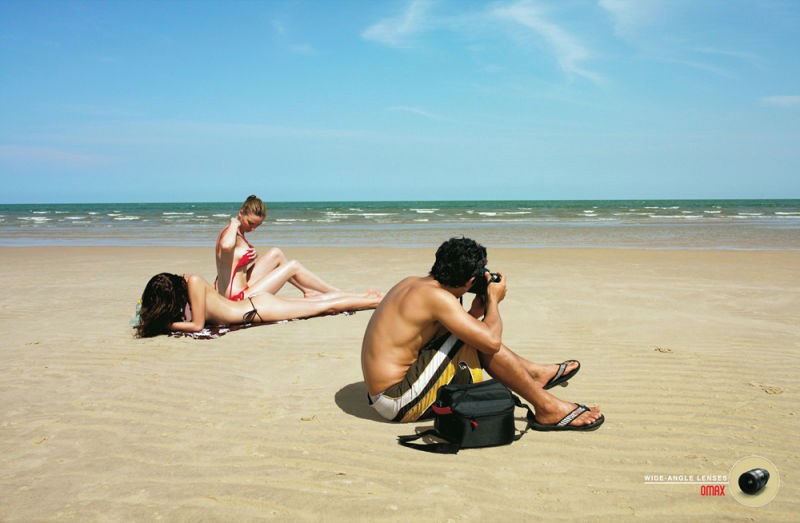

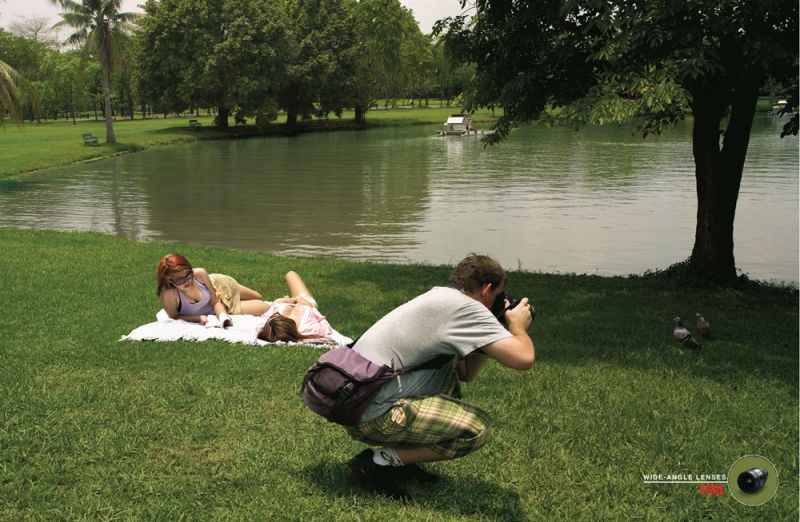
Oh hey and Leica had the same idea!
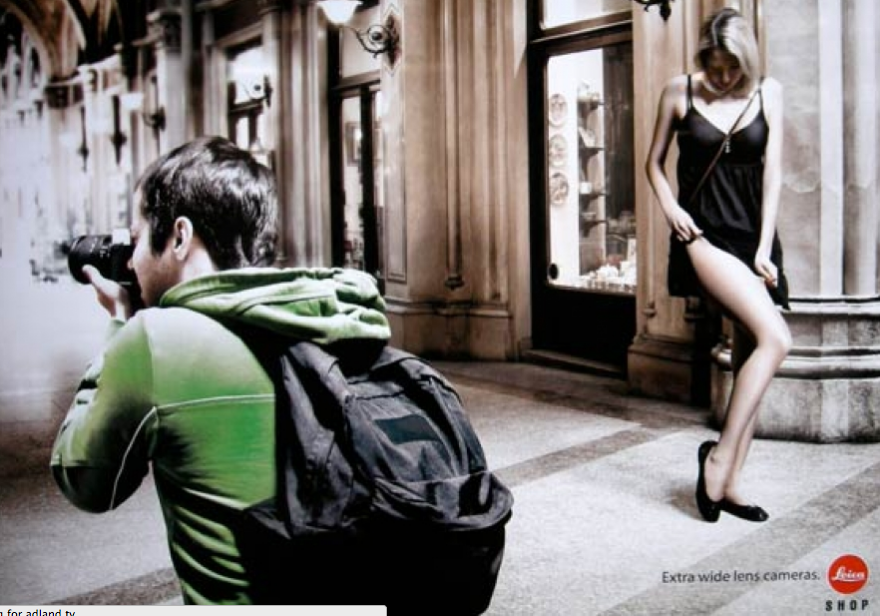
I’m less inclined to call these ads “tasteful” and more inclined, like AdWeek, to find them “ultra-pervy.” Also distressingly narrow-minded. Maybe it’s a funny joke once, and even that’s disputable; does the campaign need to repeat it three times, each time with a man holding the camera and women as objects? Don’t women also buy cameras? Why male gaze the hell out of an ad, to the point where ladies might actually look and say, “Gross”?
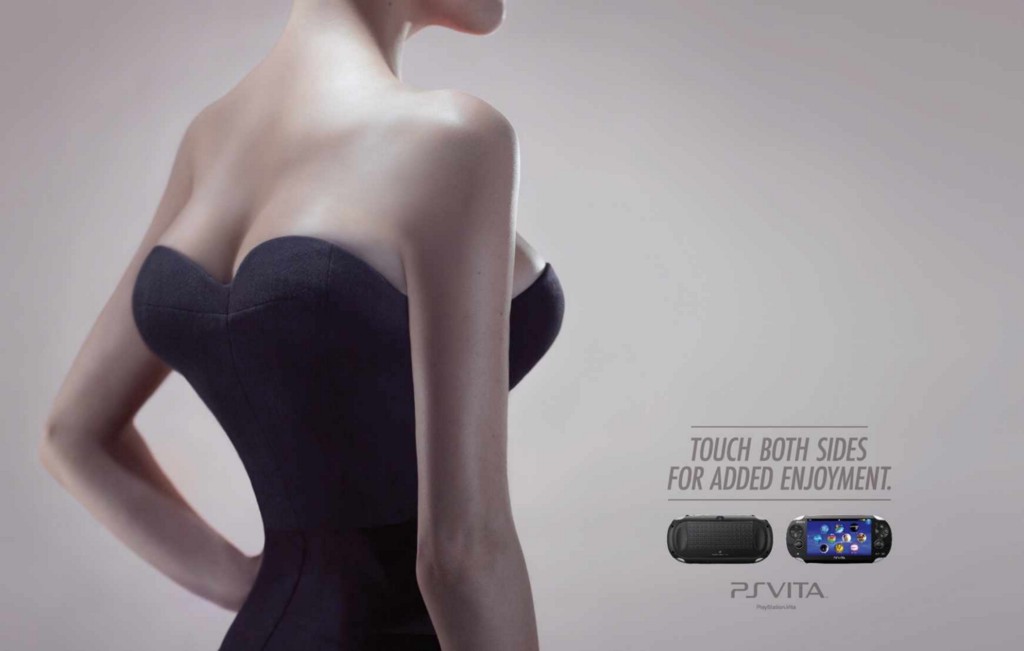
Often enough I think advertisers just forget that women buy their products too, or would, if the commercials for them weren’t so pointed about their disdain for half of their audience.
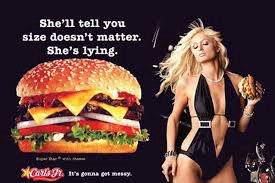

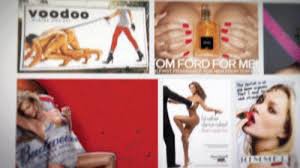
Ugh. It almost makes me long for the good old days of the 1940s, when people were sexist because they honestly didn’t know any better.
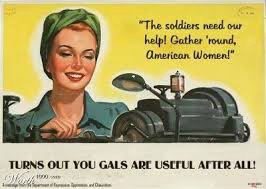
This video also serves as an excellent summation of the phenomenon.
Support The Billfold
The Billfold continues to exist thanks to support from our readers. Help us continue to do our work by making a monthly pledge on Patreon or a one-time-only contribution through PayPal.
Comments